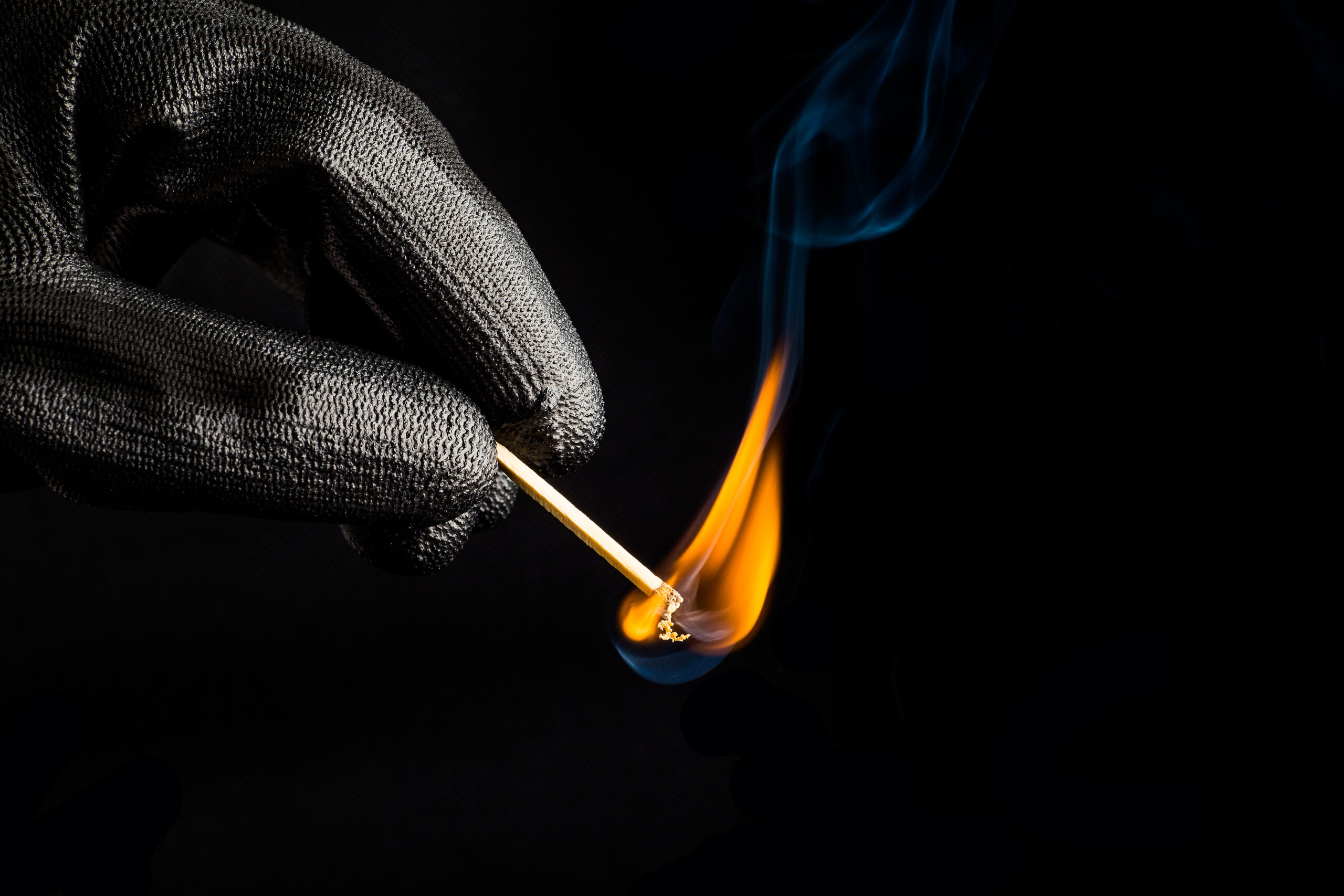Due to their exceptionally damaging nature, arson charges are serious, and those accused of this offense face life-altering penalties. If you are facing arson charges, you must be proactive in securing the services of our experienced Nassau County Criminal Defense Attorneys, who can defend your rights and interests.
How Does New York Define Arson?
Arson in New York is defined as intentionally starting a fire or causing an explosion that results in property damage and endangers human life. Arson offenses are categorized into five degrees:
- Fifth-Degree Arson: The least serious charge, involving intentional damage to another’s property without consent by starting a fire or causing an explosion.
- Fourth-Degree Arson: This occurs when someone recklessly damages a building or motor vehicle by intentionally starting a fire or causing an explosion.
- Third-Degree Arson: This occurs when someone intentionally damages a building or motor vehicle by starting a fire or causing an explosion.
- Second-Degree Arson: This occurs when someone intentionally damages a building or motor vehicle by fire or explosion, with another person present, and the defendant knows it.
- First-Degree Arson: This is the most severe offense, involving intentional damage to a building or motor vehicle by fire or explosion, under any of the following conditions:
- An incendiary device causes the explosion or fire
- The explosion or fire results in serious physical injury to someone who is not involved in the crime.
- The explosion or fire was initiated for financial gain.
- A non-participant is present in the building or motor vehicle, with the defendant’s knowledge or such presence is reasonably possible.
When facing criminal charges in New York, it’s crucial to understand the potential penalties that can be imposed. The more deliberate the action, especially when human life is jeopardized, the graver the consequences.
What Are the Potential Penalties?
New York’s arson penalties vary significantly, ranging from misdemeanors to severe felonies. The specific degree of arson and the circumstances of the crime dictate the severity of the punishment. While fifth-degree arson is a misdemeanor, all other degrees are classified as felonies. First and second-degree arson are considered violent felonies and carry the harshest penalties. Potential penalties by degree include:
- Fifth-Degree: This is a Class A misdemeanor, punishable by up to one year in jail.
- Fourth-Degree: This is a Class E felony, punishable by a maximum sentence of 4 years and potential probation up to 5 years.
- Third-Degree: This is a Class C felony, punishable by a prison sentence of up to 15 years.
- Second-Degree: This is a Class B violent felony, punishable by a mandatory minimum prison sentence of 5 years and a maximum of 25 years.
- First-Degree: This is a Class A-I felony, punishable by a mandatory minimum prison sentence of 15 to 25 years to life, and a maximum sentence of life imprisonment.
At KCS Law, we are prepared to aggressively represent your rights and fight for the best possible outcome on your behalf. Connect with our firm today to learn how we can assist you.


